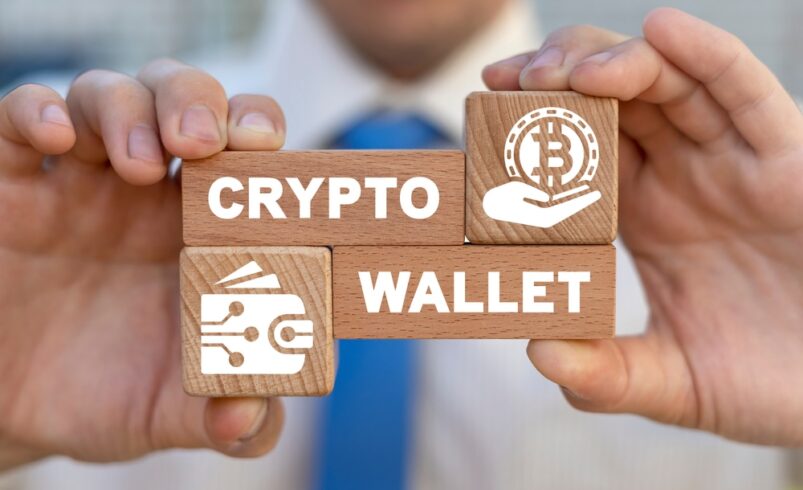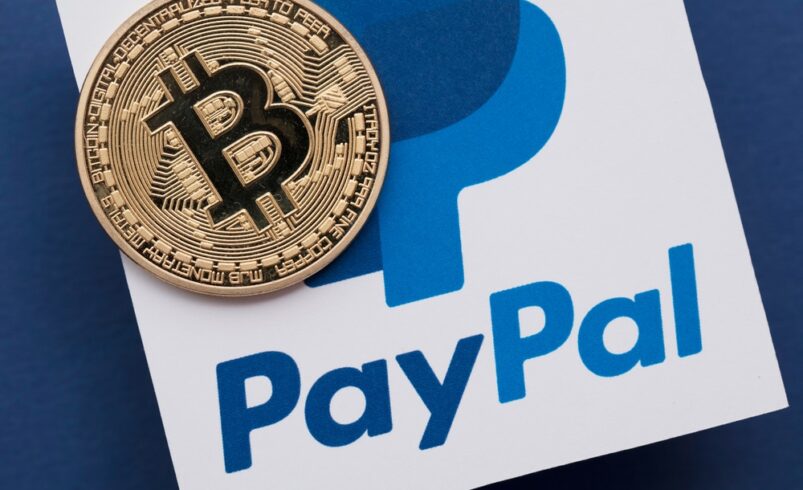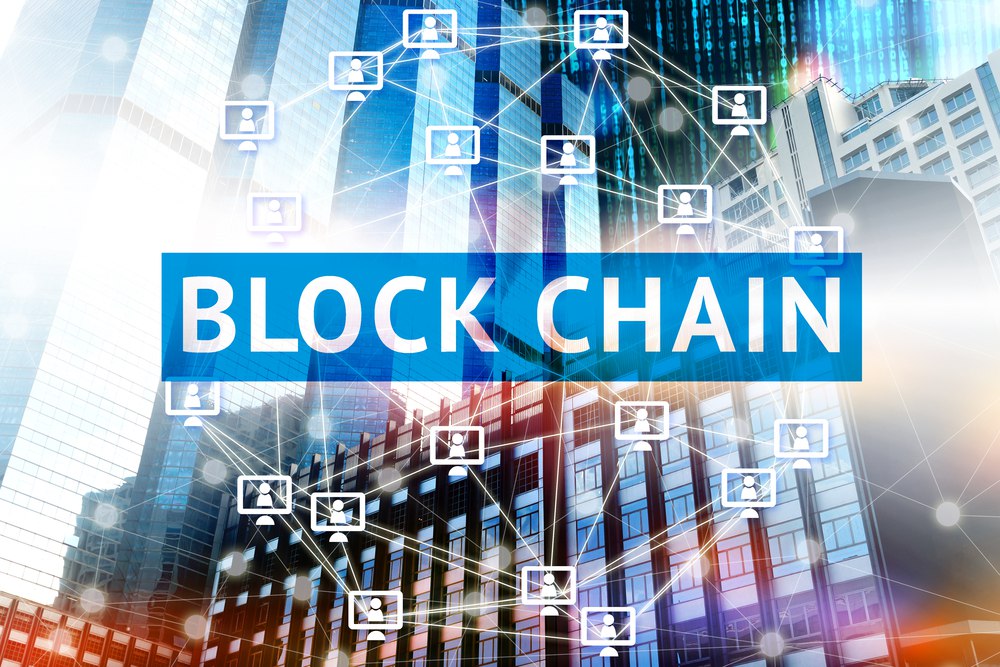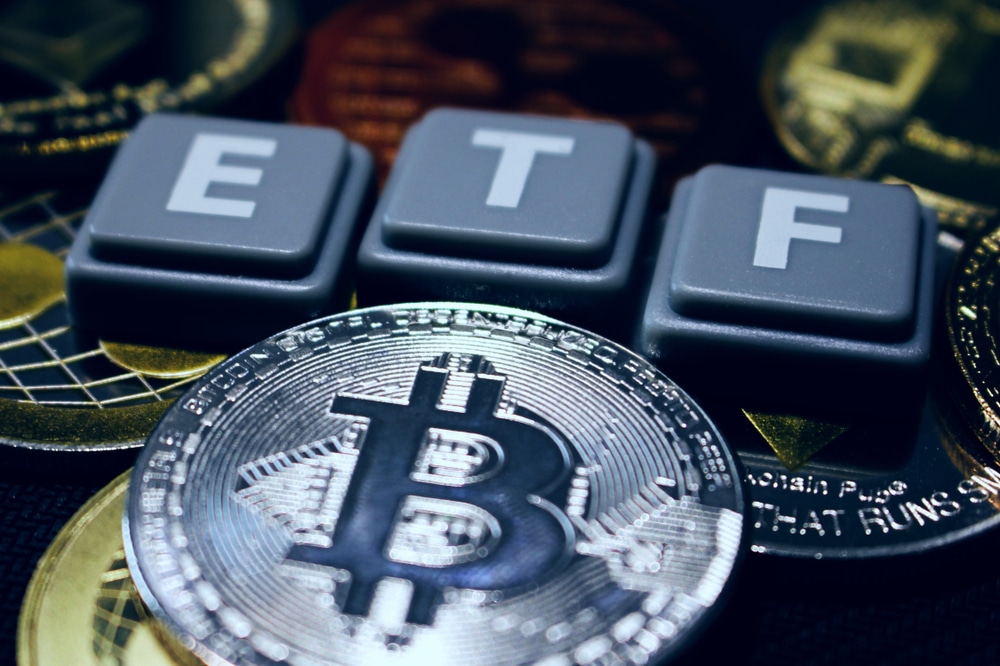What is Decentralized Apps (dApps) – A Comprehensive Guide
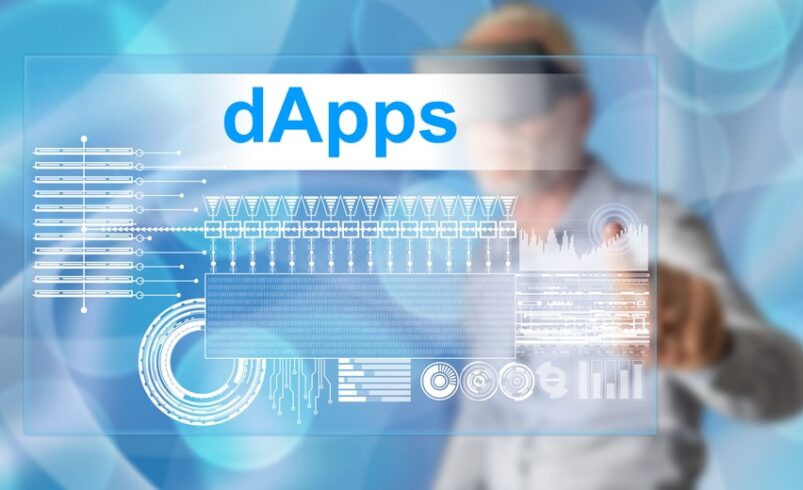
Decentralized applications, commonly called dApps, are digital programs that function on a peer-to-peer (P2P) network of computer systems. Notably, they exist beyond the control of any singular entity.
Mostly built on platforms like Ethereum, dApps serve various functions. The data and records of a decentralized application are transparent to the public, and their network integrity is upheld through cryptographic tokens.
Understanding the Functioning of dApps
Decentralized applications primarily rely on backend code, predominantly in the form of smart contracts. These contracts dictate the essential actions for the dApp, contingent upon the contract’s stipulations. When conditions are met, transactions or actions are processed in the P2P network. This data then gets stored on the blockchain. Conversely, operations revert to their prior state if the stipulations aren’t met.
Applications of Decentralized Platforms
dApps offer a wide array of practical applications:
- Financial Services: dApps can streamline P2P transactions like asset transfers or currency exchanges.
- Real Estate: dApps aid in the buying and selling processes between stakeholders and can track property ownership and associated documents.
- Education: Decentralized educational platforms facilitate direct engagement between educators and learners using dApps.
- Supply Chain Management: Through dApps, the flow of goods can be monitored with enhanced responsibility and clarity.
- Social Media: dApps allow the development of decentralized social platforms, granting users the autonomy to share content beyond central oversight.
- Healthcare: dApps offer efficient solutions for storing and tracing medical records and foster collaboration among healthcare professionals.
- Predictive Markets: Decentralized platforms for speculative markets can be constructed, permitting users to make predictions and earn rewards for accurate forecasts.
- Identity Verification: dApps streamline identity verification processes relevant to procedures like passport issuance or electoral systems.
Decentralized Applications Across Sectors
dApps find applications in diverse sectors:
- Finance: Via dApps, borrowers and lenders can transact seamlessly. Lenders benefit from enhanced control and can earn rewards. Borrowers, meanwhile, have flexible repayment terms and can negotiate mutually beneficial terms. Leveraging smart contract technology, transactions occur promptly without external mediation.
- Social Media: Decentralized platforms champion free expression and mitigate censorship concerns. Nevertheless, the community can vote out inappropriate content. Influencers benefit from increased revenue opportunities, and users can monetize through advertisements.
- Gaming: One of the captivating applications of dApps is in gaming. In games like CryptoKitties, players possess tokenized assets, such as a cat. These assets evolve and can gain value, allowing users to trade at their discretion. Breeding mechanisms introduce unique and valuable entities that heighten gameplay and trading opportunities.
- Voting and Governance: dApps enable communities to vote on various issues. After setting a voting window, users can anonymously cast their votes using tokens. Stored on a decentralized network, these votes are safeguarded against tampering, and participants can receive rewards for their involvement.
Pros and Cons of Decentralized Applications
A comprehensive understanding of dApps necessitates a review of their benefits and potential challenges, facilitating informed decision-making.
Merits of Decentralized Applications (dApps)
Decentralized applications prioritize user confidentiality. There’s no demand for users to disclose personal information to access the features. Transactions between anonymous parties in dApps use smart contracts, eliminating the need for a central authority. The decentralized nature of these applications prevents any single participant from obstructing or erasing communications. Furthermore, the open-source nature of decentralized applications facilitates the growth of the dApp ecosystem, enabling developers to refine and expand functionalities.
Limitations of dApps
There are pertinent concerns about dApps scaling effectively, particularly when significant computations could strain the network and cause congestion. Centralized applications often offer more intuitive interfaces; hence, shifting users to dApps demands comparable performance and user experience. Modifying the code of a decentralized application post-deployment to address bugs or enhance security can be challenging. The inherent intricacy of the blockchain makes data and code amendments particularly difficult for developers.
Ethereum-based dApps
Ethereum decentralized applications operate on the Ethereum platform, leveraging its blockchain for data storage. The platform employs smart contracts for its functions. Some distinguished Ethereum dApps are:
- Uniswap: A peer-to-peer decentralized token exchange.
- Audius: A platform for decentralized music streaming.
- Gods Unchained: An NFT-backed card game.
- Compound: A lending platform in decentralized finance.
- PoolTogether: A platform allowing staking in lottery pools.
- Decentraland: A virtual environment for avatar interactions and NFT transactions.
- LooksRare: An NFT marketplace incentivizing active participation.
- MakerDAO: An ecosystem centered around the Dai stablecoin.
Decentralized Applications and Business Evolution
The decentralization inherent in dApps has reshaped business approaches. Augur exemplifies this, functioning as a decentralized betting platform, which, after its inception by the creators, is now maintained by its user community.
dApps: Looking Ahead
While decentralized applications are relatively nascent in the technological landscape, they’ve demonstrated robust growth and adaptation. Numerous industries have begun integrating them, as illustrated by the increased corporate reliance on blockchain. The foreseeable future could see a rise in stablecoins, potentially spurring further dApp developments around them. Although dApps offer an allure for those inclined towards digital ownership, challenges like network congestion remain.
DISCLAIMER: It's essential to understand that the articles on this site are not meant to serve as, nor should it be construed as, advice in legal, tax, investment, financial, or any other professional context. You should only invest an amount that you are prepared to lose, and it's advisable to consult with an independent financial expert if you're uncertain. To obtain more information, kindly examine the terms of service and the assistance and support resources made available by the issuing or advertising entity. Our website is committed to delivering accurate and unbiased news, yet it's important to note that market conditions may change rapidly. Also, be aware that some (but not all) articles on our site are compensated or sponsored.



